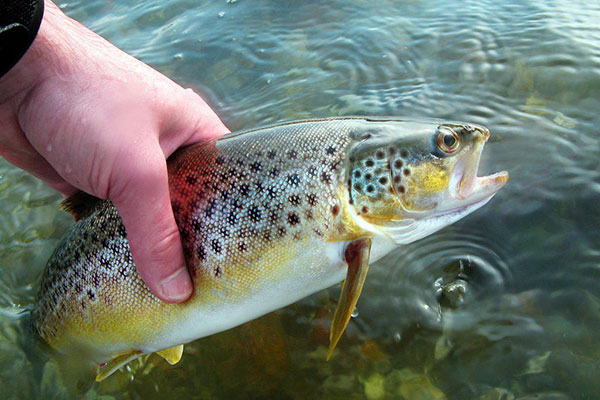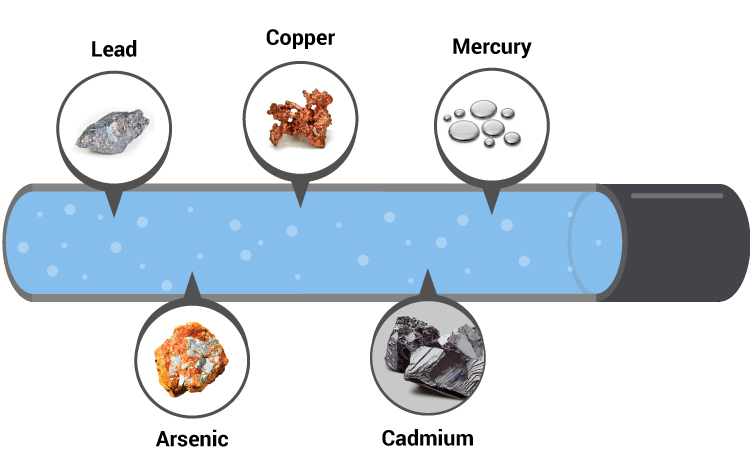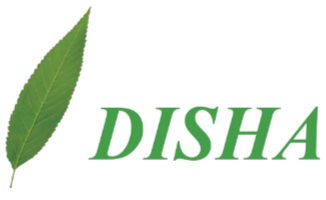DISHA is a member of International POPs Elimination Network (IPEN). DISHA campaigns against use of persistent organics pollutants (POPs), which are dangerous for human health. DISHA has been active in demanding that the Indian Government ratify the Stockholm Convention on POPS and feels that although now India has ratified the Convention, very little has been done towards:
- Proper inventorization of POPs
- Inventorisation of PCBs and PCB containing equipments
- Inventorisation of sources and estimates of releases of dioxins and furans
- Identification of stockpiles
- Identification of contaminated sites
- Disposal of obsolete stockpiles of pesticides
- Generating awareness
DISHA advocates restricted and minimal use of toxic substances such as mercury, lead, cadmium, chromium etc. DISHA campaigns for a world where mercury use is drastically reduced, as mercury is one of the most dangerous toxic substances known to us. DISHA conducted studies to show how mercury is callously handled in laboratories of schools and colleges, threatening health of the student, teachers and staff and to the general environment through mercury vaporizing or getting into the general waste stream. DISHA also advocates mercury free hospitals.

DISHA in collaboration with Toxics Link, has conducted a study on Mercury Contamination in Fish from different locations in West Bengal.The Report has been published as Fishing Toxics. The findings are alarming and a public campaign coupled with policy level intervention are planned. The Findings and Analysis have been incorporated into the global report, Mercury in Fish ? A Global Health Hazard, and placed before the Governing Council of United Nations Environment Programme (UNEP).

DISHA, supported by EEJP, has conducted a study on heavy metal contamination of drinking water in the Kolkata Metropolitan Area (KMA). The findings are deeply significant, particularly in connection with lead levels in drinking water found in both tubewells and tap water. The findings have been submitted to the WBPCB for consideration and necessary action. The report may be accessed at:
KOLKATA METROPOLITAN AREA WATER CONTAMINATION REPORT
